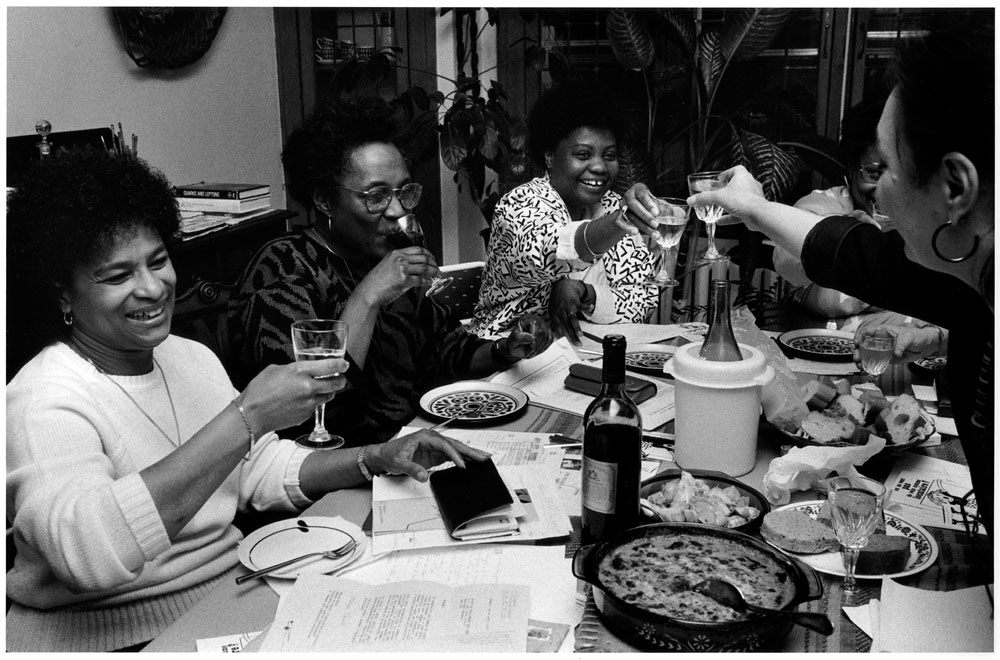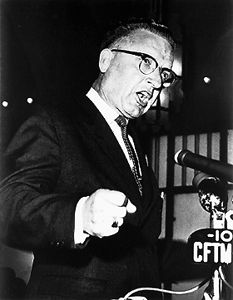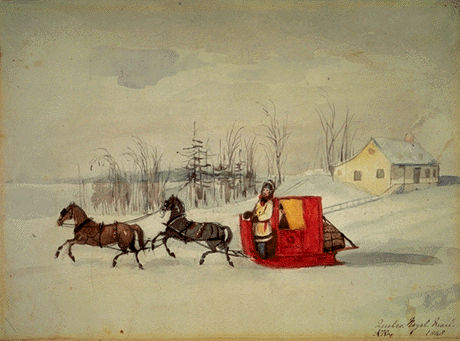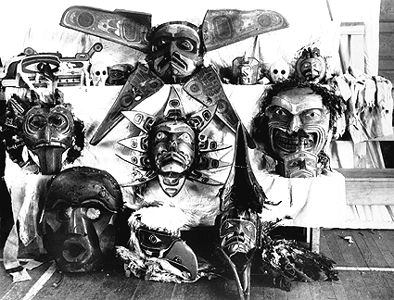Article
Political Songs
In contrast to patriotic songs, which are broad in appeal and generally avoid controversy, political songs usually display intense partisanship and relate to specific events or situations, such as elections, strikes, unemployment, racism or discrimination. They vent grievances and scorn, often through satire, and are meant to boost morale and rouse support.












